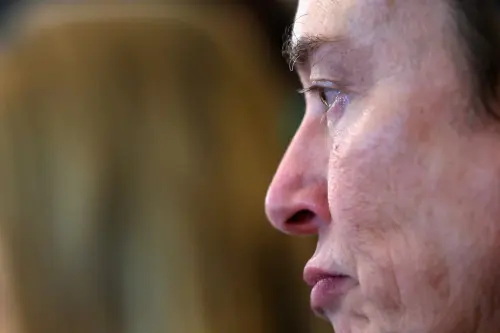

2:00 pm EDT - 3:00 pm EDT
Past Event
The coronavirus outbreak has generated an immediate need for telehealth services to prevent further infections in the delivery of health care. Before the global pandemic, federal and state regulations around reimbursement and licensure requirements limited the use of telehealth. Private insurance programs and Medicaid have historically excluded telehealth from their coverage, and state parity laws have made it difficult to promote the adoption of telehealth platforms. Meanwhile, telehealth initiatives utilizing artificial intelligence and other emerging technologies are providing new strategies for managing costs, creating more consistent medical access, and improving communication between patients and doctors. Whether through remote clinical health management or real-time patient monitoring, telehealth will increasingly become a necessity in health care, especially in assessing treatment options prior to any hospital visits.
On May 6, the Center for Technology Innovation at Brookings and the John Locke Foundation hosted a webinar to discuss the findings of a forthcoming paper on the topic, as well as the state of regulations and how telehealth services can be supported in the future. Speakers explored obstacles in the provision of telehealth services and how these might change, given the necessity of remote health platforms and services to mitigate the spread of COVID-19.
Viewers can submit questions for panelists by emailing [email protected] or via Twitter at @BrookingsGov or #Telehealth.
Moderator

Panelist

Elaine Kamarck
May 5, 2025

John W. McArthur, Zia Khan, Jacob Taylor, Clea McElwain
March 3, 2025

Nicol Turner Lee, Malaika Simmons, Michael Crawford
March 3, 2025